Electric Conversions for Commercial Fleet Vehicles: What You Need to Know
By Sebastian Orellana
Updated Feb 17, 2024
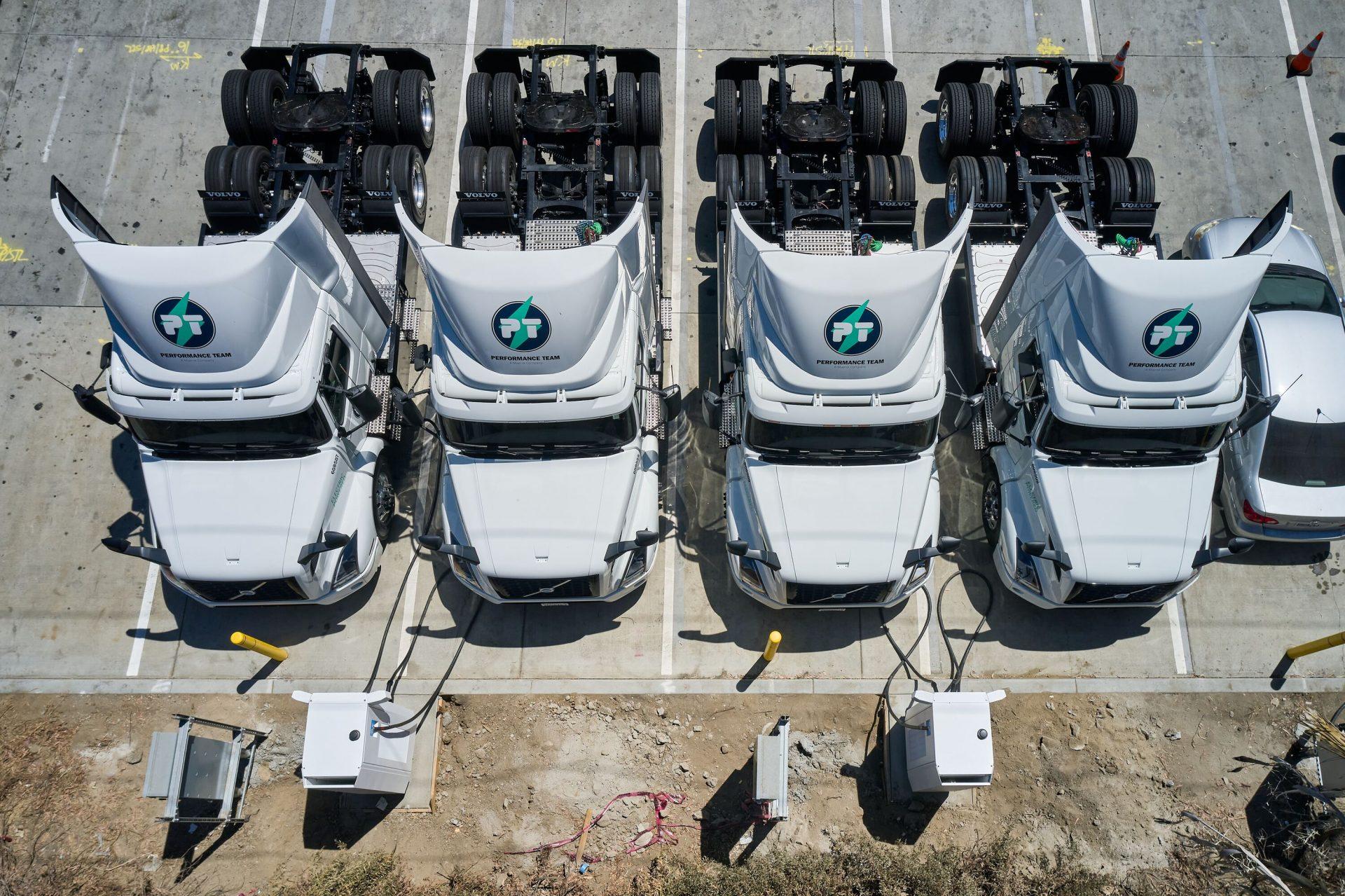
Electricity has become increasingly important in the modern world as a power source. With the rising cost of gasoline and the environmental damage caused by burning fossil fuels, more companies are looking to electric conversions for their commercial fleet vehicles as a viable alternative.
Table of Contents
While converting a commercial fleet of cars and trucks to electric is not challenging, it can be cost-effective and environmentally friendly to reduce a company's carbon footprint and operating costs. This article will discuss what businesses need to know before switching to electric vehicles for their commercial fleet.
READ: How Often Should You Drain Your Air Suspension Tank?
The Benefits of Electric Conversions for Commercial Fleets
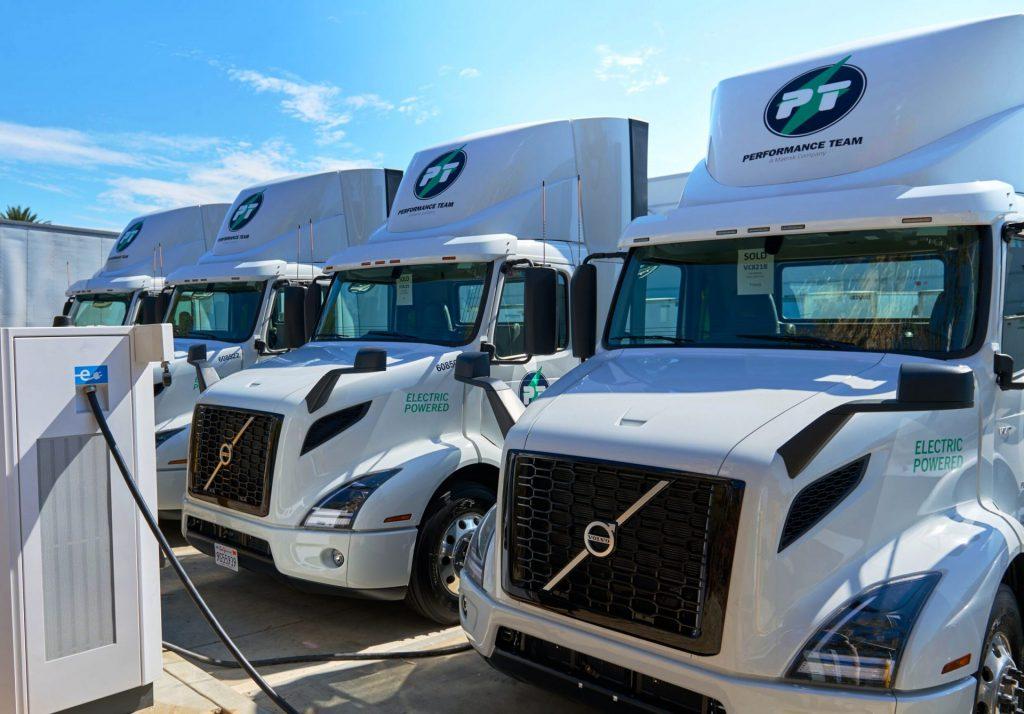
The most obvious benefit of converting a commercial fleet of vehicles to electric is the reduction in emissions. Electric vehicles produce no exhaust emissions, which means they are far less environmentally harmful than traditional gasoline-powered vehicles. Additionally, electric vehicles are much quieter than their gasoline-powered counterparts which can be used in more populated areas without causing noise pollution. Finally, electric vehicles require less maintenance than gasoline-powered ones, saving businesses money in the long run.
The Cost of Electric Conversions for Commercial Fleets
The cost of converting a commercial fleet of vehicles to electric is one of the most important considerations for businesses when evaluating the feasibility of this switch. The initial cost of purchasing and installing electric vehicles can be high, but businesses can save money on fuel and maintenance costs in the long run. Additionally, many governments offer incentives and tax credits to businesses that switch to electric vehicles, which can offset some initial costs.
The Infrastructure for Electric Conversions for Commercial Fleets
Another essential factor to consider when converting a commercial fleet of vehicles to electric is the infrastructure needed to support the vehicles. To power electric vehicles, businesses must have access to charging stations. Many businesses opt to install their own charging stations, but this may not be feasible in some cases. Additionally, businesses may need to invest in a storage system for the electricity, such as a battery bank, to ensure the vehicles are always powered.
The Technology for Electric Conversions for Commercial Fleets
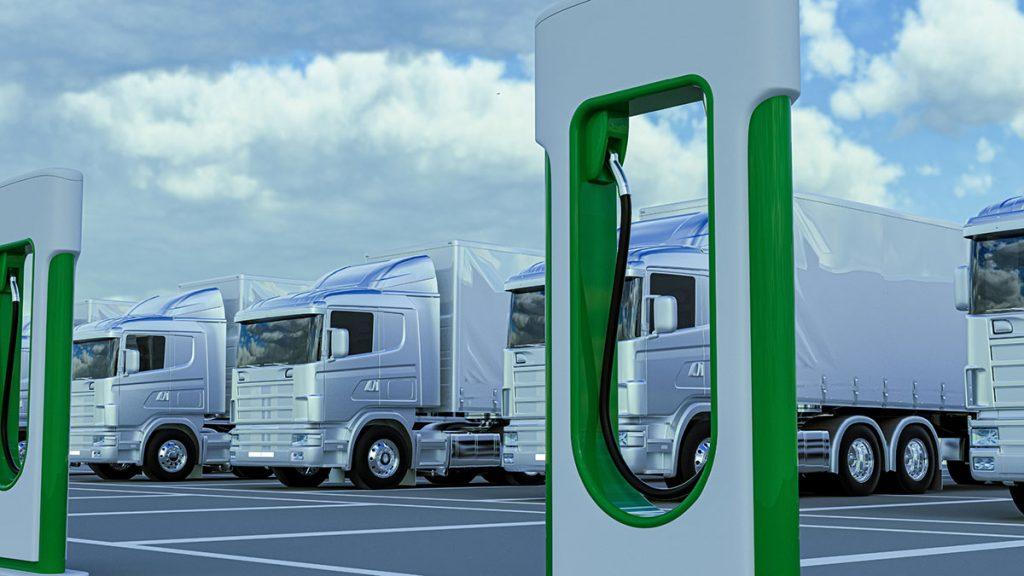
When converting a commercial fleet of vehicles to electric, it is essential to consider the technology needed to make the switch. Electric vehicles require a different engine type, and the conversion process may require specialized equipment or expertise. Additionally, businesses must consider the type of electric vehicle they want to use for their fleet, as a wide variety of electric vehicles are available on the market.
The Training for Electric Conversions for Commercial Fleets
When converting a commercial fleet of vehicles to electric, businesses must also consider the training that will be needed for the drivers. Drivers must be familiar with the technology that powers electric vehicles and understand the best practices for charging and maintaining them. Additionally, businesses may need to provide additional training for their staff to ensure they have the necessary knowledge to use and maintain their electric vehicles properly.
The Regulatory Considerations for Electric Conversions for Commercial Fleets
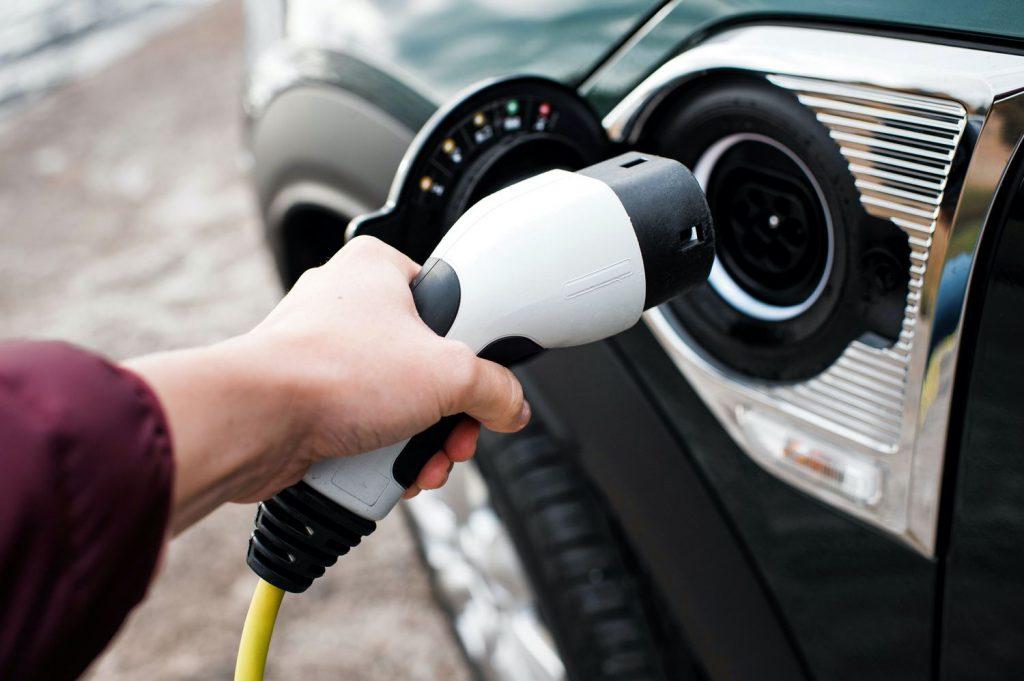
When converting a commercial fleet of vehicles to electric, businesses must also consider regulatory considerations. Many countries have regulations in place that require businesses to meet specific standards when it comes to their fleet vehicles. Additionally, businesses must consider the local laws and regulations that may affect their operations, such as parking and charging restrictions.
READ: How to Choose the Right LS3 Camshaft for Your Build
The Insurance for Electric Conversions for Commercial Fleets
Businesses must also consider the insurance requirements when converting a commercial fleet of vehicles to electric. Insurance companies may require businesses to carry additional coverage for their electric vehicles, which can result in additional costs. Additionally, businesses should consider how their insurance policies will cover any damages or accidents that may occur while operating their electric vehicles.
The Maintenance of Electric Conversions for Commercial Fleets
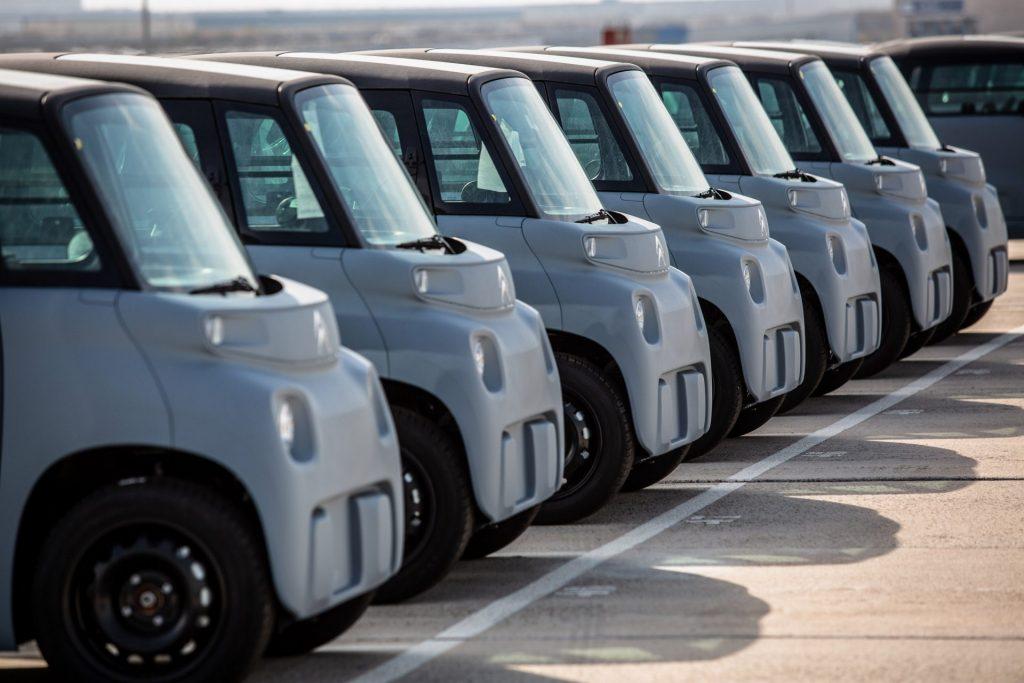
The maintenance of electric vehicles is an essential factor to consider when converting a commercial fleet of vehicles to electric. Electric vehicles require less maintenance than gasoline-powered ones but must still be inspected and serviced regularly. Additionally, businesses must have access to the necessary parts and expertise to maintain their electric vehicles to ensure their fleet is continually operating at peak efficiency.
READ: How to Choose the Best LS Truck Cam for Your Vehicle
Electric Conversions for Commercial Fleet Vehicles: What You Need to Know - Conclusion
Electric conversions for commercial fleets of vehicles can be a cost-effective and environmentally friendly way for businesses to reduce their carbon footprint and operating costs. However, businesses must consider the costs, infrastructure, technology, training, regulatory considerations, insurance, and maintenance requirements before making the switch.
By evaluating all of these factors, businesses can determine whether electric conversions are a viable option for their fleet.
